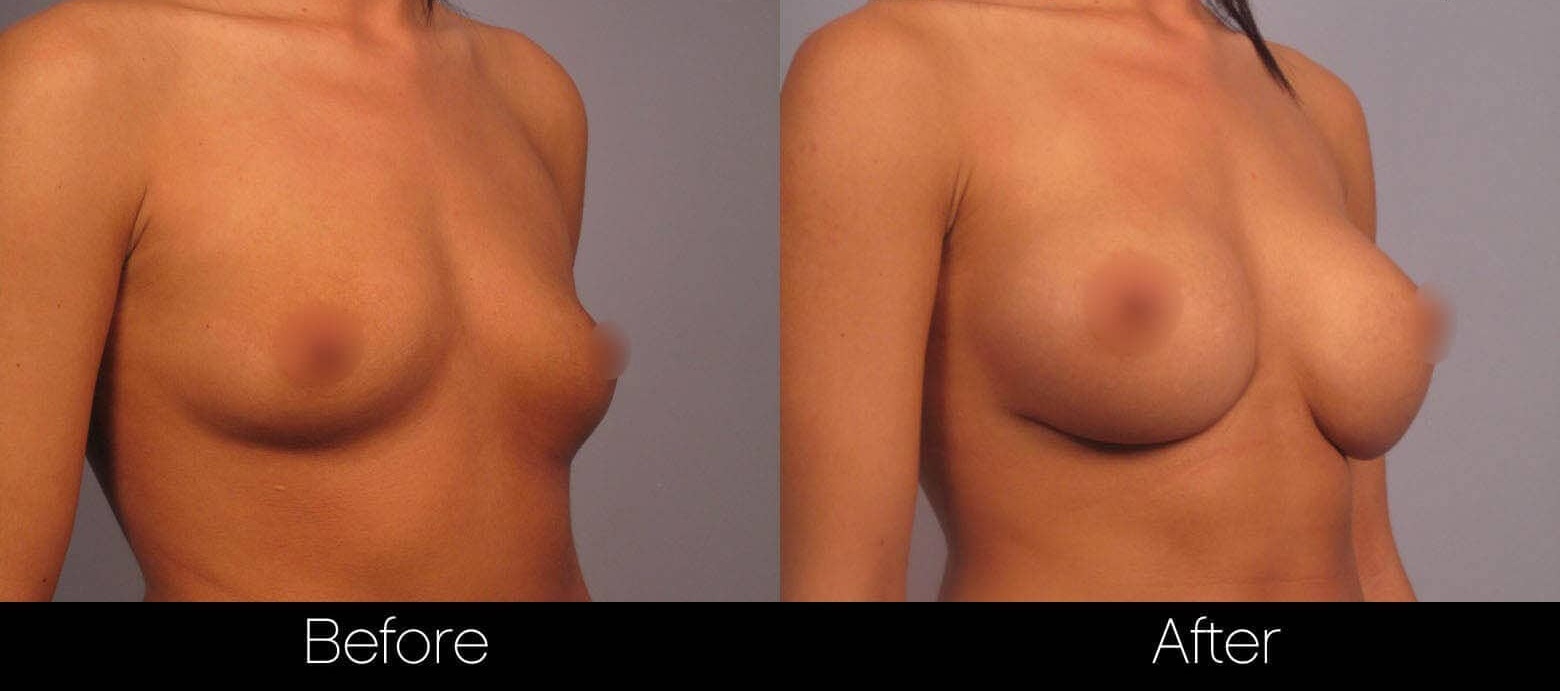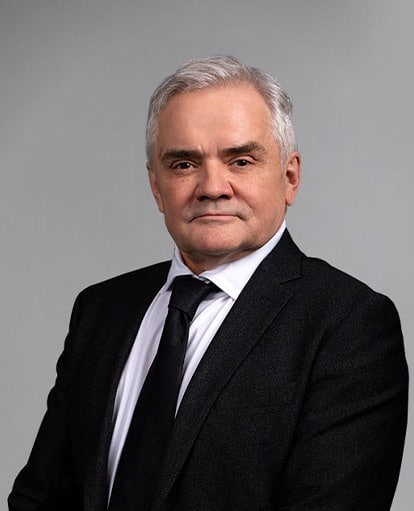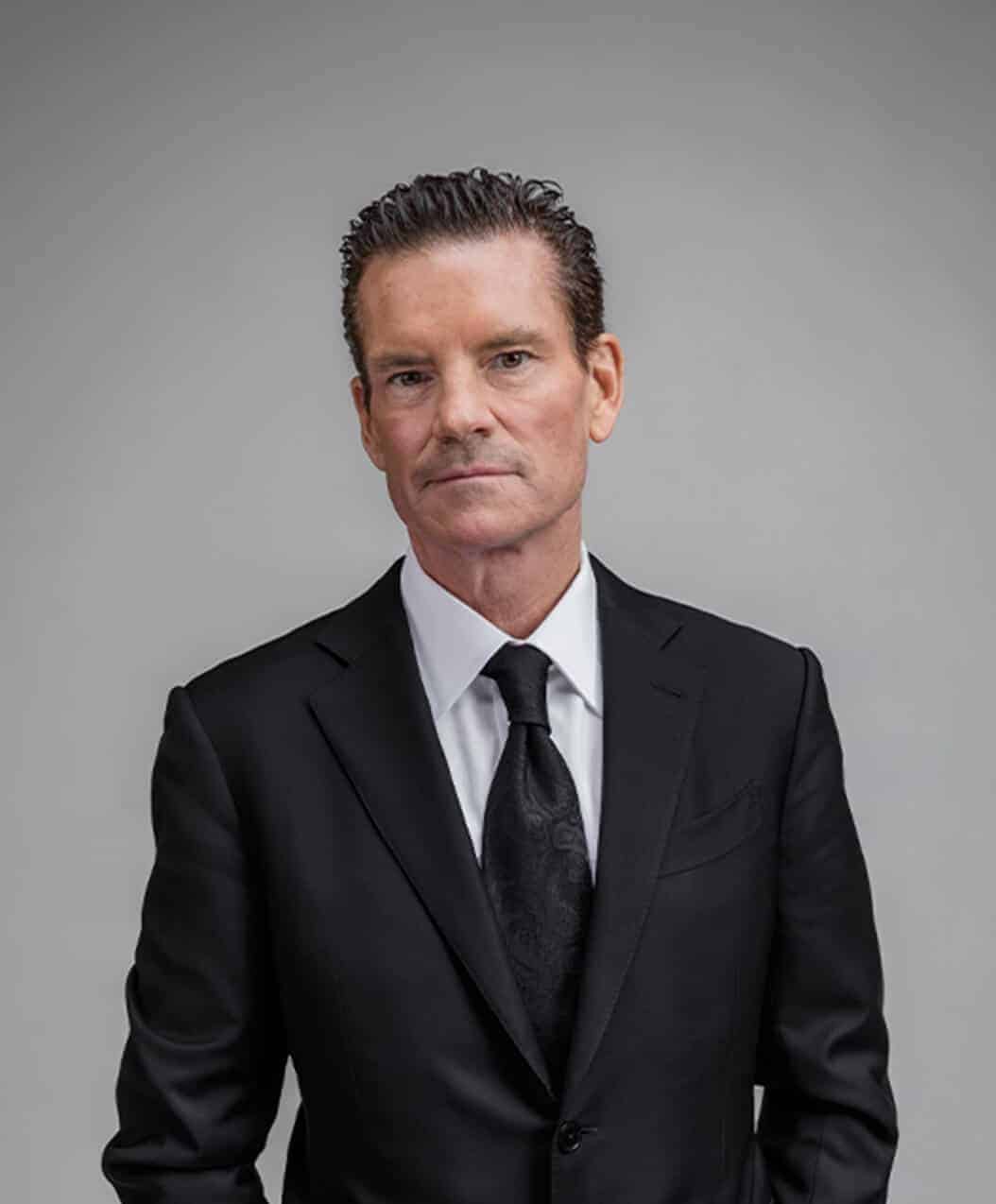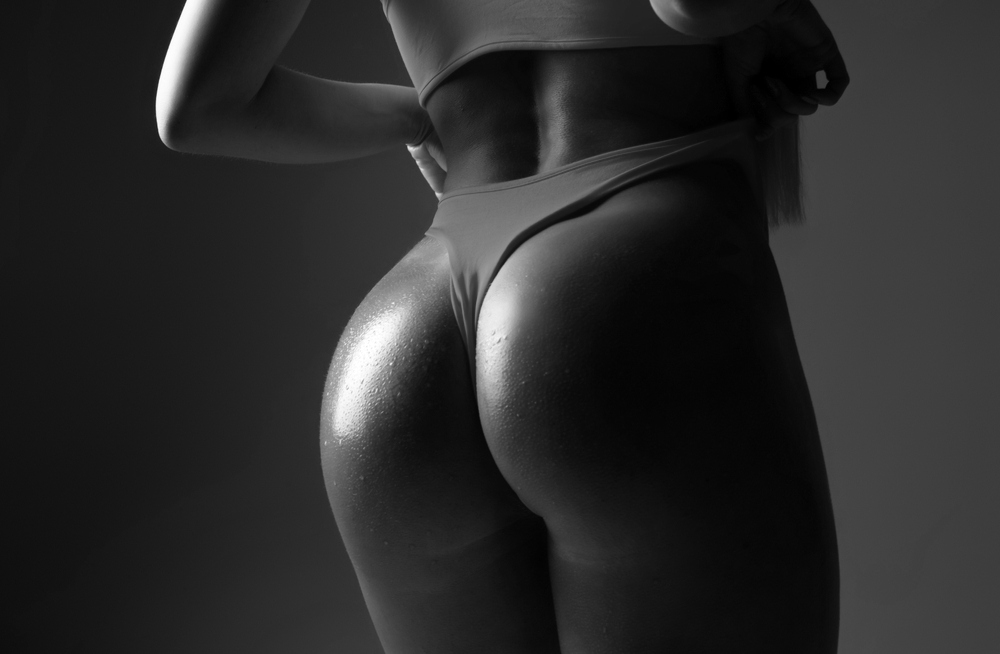August 18th, 2024
Dr. Mulholland, Md
When choosing to undergo a cosmetic procedure, a priority for many patients is achieving a result that is as natural-looking as possible. For those interested in having a breast augmentation, a natural-looking result can depend on a number of factors, including whether the patient chooses implants or fat grafting, the type of implant they choose, and their desired increase in breast size. Here, we’ll review the factors that can influence how natural-looking your breast augmentation result appears.
What Is Breast Augmentation?
Breast augmentation is a cosmetic procedure that uses implantable devices (breast implants) to enhance the size, volume, shape, and projection of breasts. This procedure is ideal for patients who wish to create a more balanced, shapely, curvy, but natural and attractive figure.
Breast implants can result in a more youthful appearance and restore confidence by making the patient’s breast size proportionate to their body frame. Patients who want breast augmentation may include those who wish to enlarge naturally small breasts, restore volume lost through pregnancy or age, or want to correct asymmetry.
Tips To Achieve Natural-Looking Breast Implants

Ultimately, a trained, reputable cosmetic surgeon like Toronto Plastic Surgeons will work with you to determine the most suitable implant size for your breast augmentation goals. Here are some tips to keep in mind when consulting with your surgeon ahead of your augmentation.
Choose A Suitable Implant Size
Breast implants come in many sizes to suit augmentation procedure goals. And while it may be tempting to choose a large size in order to achieve a certain look, an implant that is disproportionate to your body frame, or one that is much larger than your natural breasts, may result in an appearance that is not natural. Some implants may be too tall, wide, or overall too large for your frame — or, by contrast, could be too small to complement your existing curves. Your surgeon will work with you to choose a breast implant that is the right size for your body, and for your surgery goals.
Select The Right Kind Of Implant Material
There are two options for breast implant materials.
Saline Implants
Many people will be more familiar with silicone implants for breast augmentations. However, saline implants are a viable option, as well. Saline implants are silicone shells, which are placed into the breast unfilled. Once it is in place, the implant is filled with a sterile saline solution. Saline implants allow for a smaller incision and are more affordable than their silicone counterparts.
Silicone Implants
Silicone implants, which are more well-known than saline implants, are more costly, but they often produce a more natural-looking result. Silicone implants are made of a soft, viscous gel, allowing them to retain their shape more effectively and are less likely to wrinkle than saline implants.
Choose the Right Breast Implant Placement
Breast implants are placed within the breast, over or under the pectoral muscle. While placement over the pectoral muscle may result in a more natural-looking result for patients who regularly lift weights or engage in other upper-body muscle-building exercises, placement under the pectoral muscle is generally agreed to be the best option for natural-looking results overall. When implants are placed under the pectoral muscle, scarring also tends to be less visible, and there is a lessened likelihood that skin will stretch or that the breasts will droop. When implants are placed under the muscle, there’s less risk of skin rippling and stretching or drooping of the breasts.
However, the best breast implant placement ultimately depends on a number of factors, including the shape of your natural breasts, the size of your implant, and your overall appearance goals. Your surgeon will work with you to determine whether your implants will be placed under or over the pectoral muscle.
Evaluate The Look & Feel Of Your Implants
Breast implants come in both round and teardrop-shaped options. A round breast implant is symmetrical and round, flat in the middle, and is available in saline and silicone. Round implants are the most common implant shape, and they create a very natural-looking result, mainly because the saline or silicone within the implant settles when standing. This results in a breast shape that is wider at the bottom and thinner at the top. Teardrop-shaped implants, known as anatomical implants, are modeled after a natural breast’s shape. They are thin at the top and full at the bottom, and create a natural result due to their shape. The shape of your implant will ultimately depend on the shape and size of your natural breasts, and your desired outcome.
Consider Complementary Procedures
You can have other procedures in tandem with your breast augmentation that will help your results look more natural. One such procedure is a breast lift, resulting in larger breasts that are higher and firmer. Adding a breast lift to a breast augmentation can be especially effective in cases where a patient has experienced a loss of volume due to sagging, such as women who have experienced drastic weight fluctuations, or women who have breastfed.
Other procedures, such as liposuction, can enhance the overall shape and profile of the body, thereby contributing to the balanced proportions being achieved through breast augmentation.
Use Digital Imaging Technology
Digital imaging can help you determine the size and shape of your implants by taking dynamic, accurate digital scans of your body, and performing soft tissue modeling, and allowing you to compare multiple scenarios to help determine the most ideal outcome. At TPS, Vectra 3D modeling is used to help ensure you select the right size and shape of the implant.
Review Your Choice Of Surgeon

While there are several factors to consider—and to be aware of—when preparing for your breast augmentation, there is no substitute for a qualified, experienced cosmetic surgeon. At TPS, Toronto Plastic Surgeons will consult with you to determine your surgery goals and will provide an informed medical opinion to help you choose the right implant size and shape to create a natural-looking outcome that will add confidence to your everyday life.
Can You Increase Your Breast Size Without Implants?
It is possible to increase your breast size without implants, by selecting a fat grafting procedure. Fat grafting to the breast is a non-surgical procedure that involves harvesting fat from areas on the body where excess fat is undesirable, preparing and purifying the fat cells, and injecting the fat into the breast tissue. This results in a moderate increase in breast volume and projection; however, the procedure may not be ideal for patients who wish to increase their breast size and proportion more substantially.



